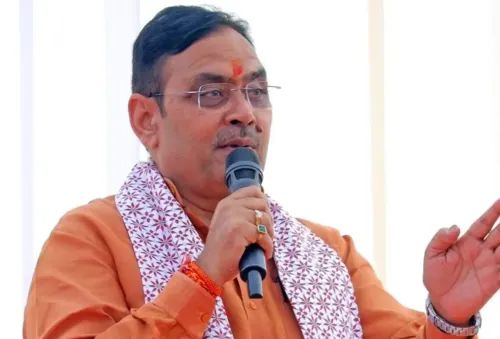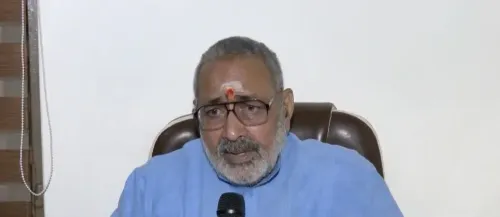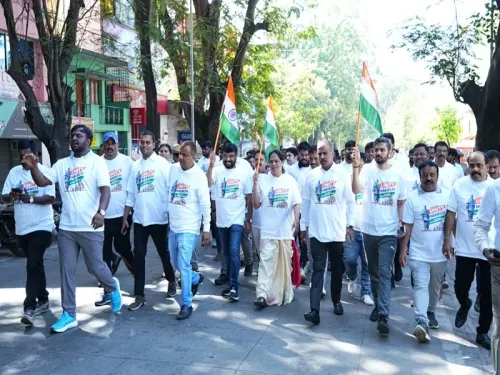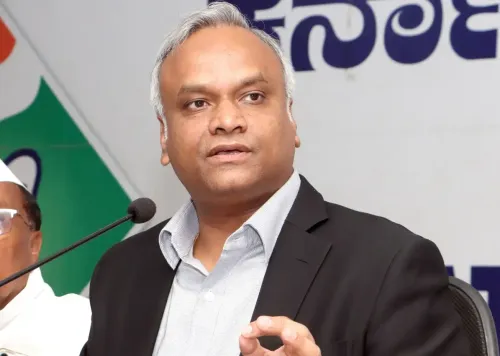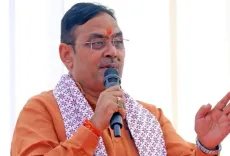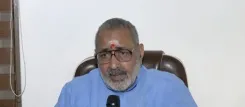Will Bengal CEO Lead a Pivotal All-Party Meeting on SIR Today?
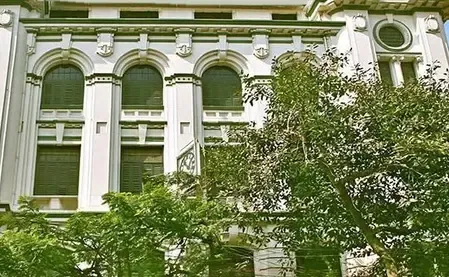
Synopsis
Key Takeaways
- CEO Manoj Kumar Agarwal leads crucial discussions with all political parties.
- The Special Intensive Revision process starts on November 4.
- Three phases of revision will ensure voter inclusivity.
- Last SIR held in 2002 sets the context for the current process.
- A media briefing will follow the all-party meeting.
Kolkata, Oct 28 (NationPress) The Chief Electoral Officer (CEO) of West Bengal, Manoj Kumar Agarwal, is set to preside over a significant all-party meeting at his office in central Kolkata on Tuesday concerning the Special Intensive Revision (SIR) in the state.
This meeting follows the announcement of SIR by the Election Commission of India (ECI) on Monday.
For this occasion, it has been planned to conduct two-tier all-party meetings regarding the SIR before the comprehensive ground-level exercise commences on November 4.
The CEO will lead the state-level meeting with leaders from all political parties in Kolkata, while corresponding all-party meetings will take place at the district level, chaired by the relevant District Magistrates, who also serve as District Electoral Officers.
After the state-level meeting, Agarwal will provide a media briefing on the meeting's outcomes and respond to additional inquiries related to the SIR.
On Wednesday morning, the CEO will convene a virtual meeting with all District Electoral Officers (DEOs), Electoral Registration Officers (EROs), and Booth-Level Officers (BLOs) in the state.
During this meeting, the CEO is anticipated to offer last-minute guidance to his subordinate electoral officers regarding procedures to follow after the ground-level revision exercise begins on November 4.
The SIR will unfold in three phases. Initially, the BLOs will visit every household with enumeration forms to gather voter details. By the end of this first phase, the draft voters’ list for the state will be published.
In the subsequent phase, political parties or individual voters will have the opportunity to raise complaints about the draft list, which the ECI will address.
Finally, in the third phase, EROs will resolve the complaints received from political parties or individual voters, leading to the publication of the final voters’ list.
The entire process is expected to conclude by March 2026. West Bengal, alongside three other states and one union territory, is set to participate in Assembly elections next year.
The last SIR in West Bengal took place in 2002.

